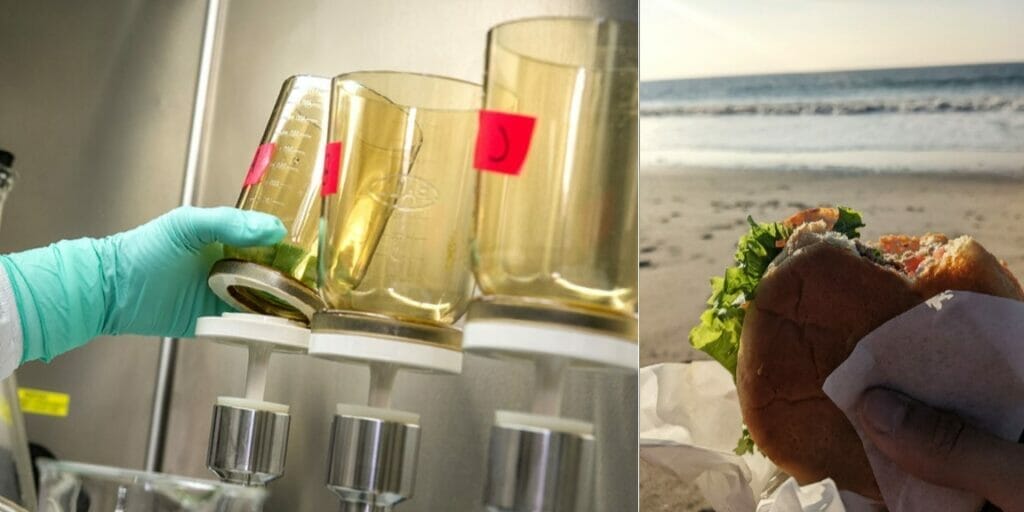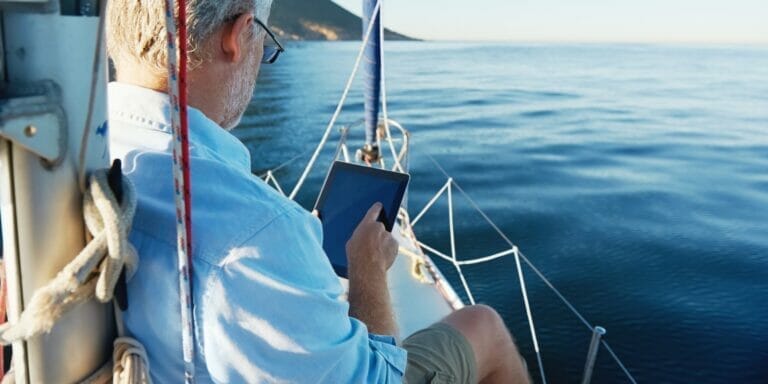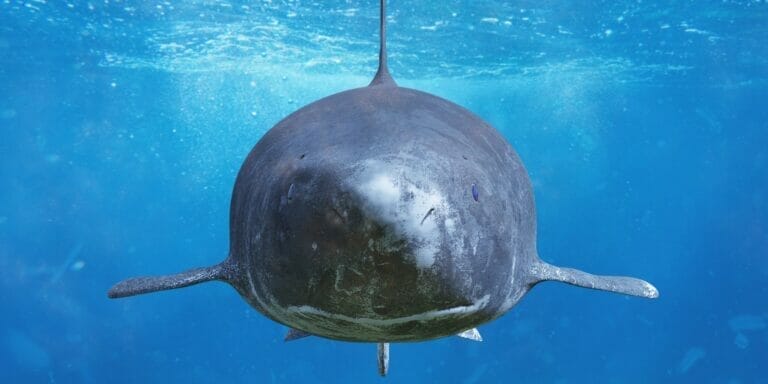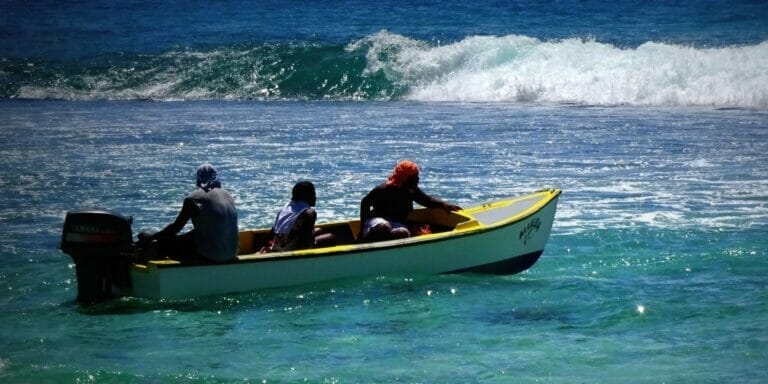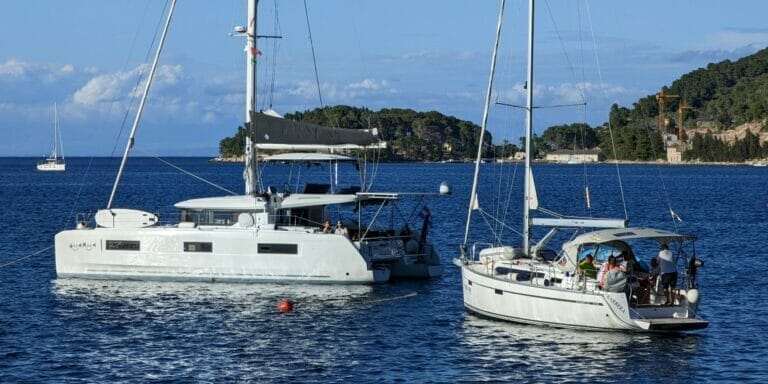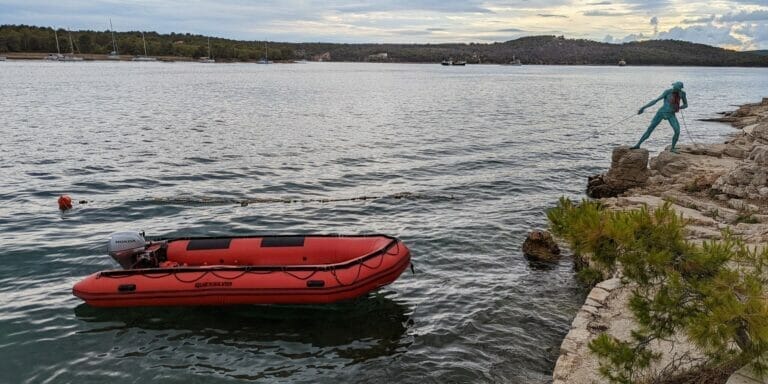Who says no to a delicious burger, right? Hardly anyone. But who says no to a fish burger? Probably considerably more people. And that’s where the ProReMar project of the Polytechnic Institute of Leiria in Portugal comes in. This project is concerned with the production of food products made from ingredients extracted from the sea. What’s more, the products are supposed to be tasty even to people who normally say no to fish. If you want to learn more about this exciting, innovative project, stay tuned and read on!
The Project
The project ProReMar which stands for Marine Resources-based Food Products is a research project of MARE – Center for Marine and Environmental Sciences at Politécnico de Leira under the coordination of Maria Manuel Gil. The aim is to produce food products such as burger patties and sausages from marine resources, whilst offering a taste that appeals to the broad mass of consumers.
The company makes use of what the sea has to offer on the local coast of Peniche, which is less than an hour away from Leira.

Fish of Low Value and Algae
The primary ingredients used to produce these products are fish with no or very little commercial value and marine algae. An example of such a rather commercially worthless fish is the Atlantic horse mackerel, which is relatively dry and therefore rather low in demand. Nevertheless, this fish is often caught as bycatch and consequently must be processed. Marine algae have so far tended to be used rather in dietary supplements, but a huge amount of research is currently being invested in the production of food from algae, with high expectations for this resource.
The Trend of Healthy Eating
ProReMar also addresses a trend that has been going on for some time, the trend toward healthy eating. This is because the burgers and sausages made from marine ingredients are supposed to be highly nutritious and, unlike conventional meat products, promote health. It is widely known that sea fish in particular is very healthy due to its high protein content and important fatty acids. By the way, did you know that pescatarians have statistically the highest life expectancy? The health also benefits from algae, because they offer vegetable proteins as well as important fatty acids, a high mineral concentration and special bioactive compounds.
Shaped by the Seafood Industry
In addition, the project is expected to pick up not only on new trends but also on existing, historically rooted preferences of consumers. After all, Portugal, with its coastline of around 832 km, has always been characterized by the seafood industry throughout its history, and it is therefore assumed that there will be a high level of acceptance, at least in the domestic market.

Seafood Products That Everyone Enjoys
As mentioned at the beginning, despite the marine ingredients, the products are also supposed to taste good to those who otherwise do not like seafood. Unfortunately, specific details regarding the taste are not yet known.
Our Opinion
Overall, we are very excited about this project and are always happy to hear about such innovative approaches, which shows that more and more people are dealing with the various environmental issues of our time and are trying to solve them together. The challenge of a more sustainable, healthy and also tasty nutrition is as important as never before and we are curious where the project will lead.
On the one hand, we are skeptical about the promise that the products will actually achieve such a high level of acceptance in terms of taste, because we would suspect that people who don’t normally eat seafood won’t go for it even if it doesn’t really taste like seafood at all. Often it is rather their mindset and something emotional than the actual taste.
In addition, we would like to point out that on the one hand it is great to try to process primarily fish with low commercial value, but on the other hand it must be mentioned that even these fish are often severely threatened. For example, the Atlantic horse mackerel mentioned above is classified as vulnerable on the IUCN Red List.
This is not meant to directly criticize the ProReMar project, as they only exploit what is fished anyway, but in the long run we should still try to drastically reduce fishing and take the scientists’ advice seriously. This is not the task of ProReMar, but of our politics and not to forget of ourselves, the consumers and members of society.
What do you think about the project? Would you eat such a fish burger? Feel free to write in the comments, we are excited and look forward to hearing from each of you!
